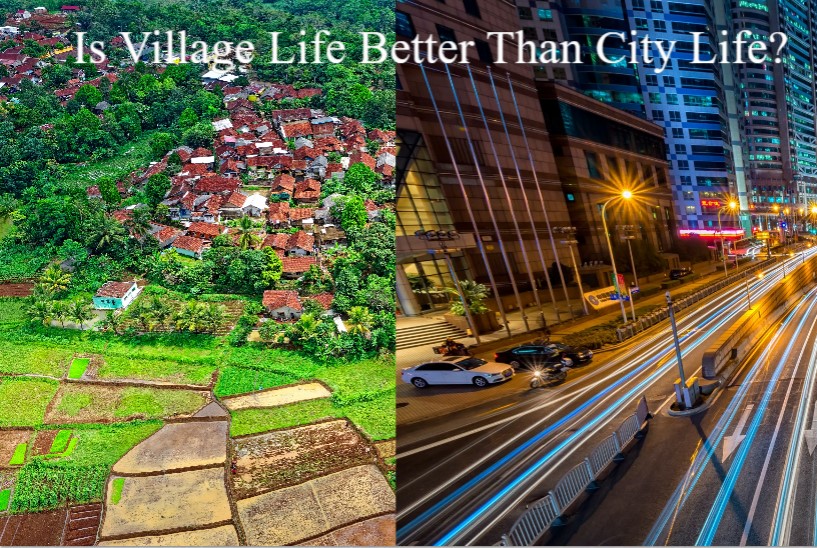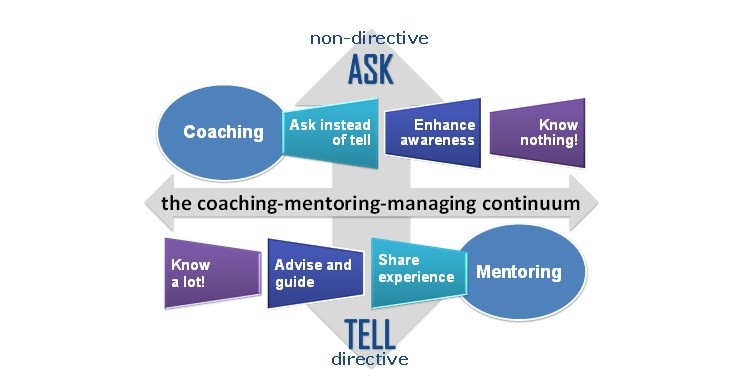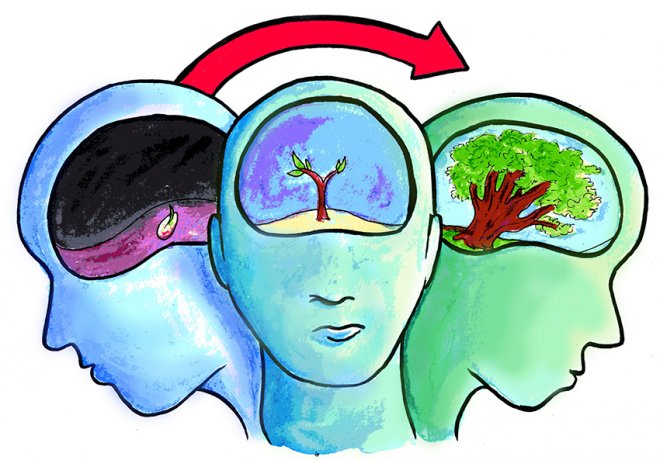How to Live a Simple and Happy Life?
Every year on the new years’ time, we tend to make resolutions to improve our career, finances, health, personal status, etc. Right?
However, as the day passes, we lose our focus from the goals that we have set for ourselves. If you are also one among the people who set’s a new year resolution, then let me tell you that you don’t need to make a resolution to live a happy life.
It is heartbreaking and freighting that we started to find reasons to live a happy life. To be happy from inside out, you do not require a lump sum amount of money or time. All you need is just a little desire and motivation to be happy.
When talking about a simple and happy life, let me make it clear that both happiness and simplicity go hand in hand. Here, I have jotted down a few things, which may help you live a happy and simple life.
- Focus on Positive Things: To live a happy life, it is essential that you focus only on good things. Spend a few minutes of the day only on cherishing good things about your life.
- Don’t compare your life with: In today’s scenario, we tend to be replicate of people we admire the most. However, this spoils your happiness and makes you feel insecure. Because each individual is unique.
- Balance your life: As work takes most of our time, it doesn’t mean that’s it is the only thing in your life. Along with the job, it is essential to enjoy your personal and family life. Having a balanced work-life reduce stress and give you a chance to enjoy your life.
- Do what you love doing the most: Our happiness revolves around other person’s likes and dislikes. That is when we forget our joy and underestimate our choices. If your passion is to play or write, take some time for yourself and do what you love.
- Find ways to Help Others: Sometimes even after achieving our personal goals, we still feel empty. This is because we haven’t done any meaningful thing that may impact on someone else’s happiness.
- Smile more often: Smiling more often not just makes you feel happy but also makes the people around you happy. Moreover, it won’t cost you anything valuable. Even if it is a forced one, it will still make you feel better.
- Exercise: When was the last time you did some workout? We often think to do, but over a period we neglect how important it is to do exercise. Exercise helps in reducing stress and releases endorphins from our bodies.
- Try to manage your stress: Never let your stress rob the brighter side of your future. You absolutely deserve to be happy. I recommend people to do medication as it helps to get relief from stress.
- Eat healthy: Healthy food makes you feel better both physically and mentally. This is because, when you are healthy from inside, it automatically reflects in your mood.
With these key points, I believe that you would have understood how to live a happy and simple. Out of these things, always remember to be kind to yourself, because it is the most valuable asset you have.










